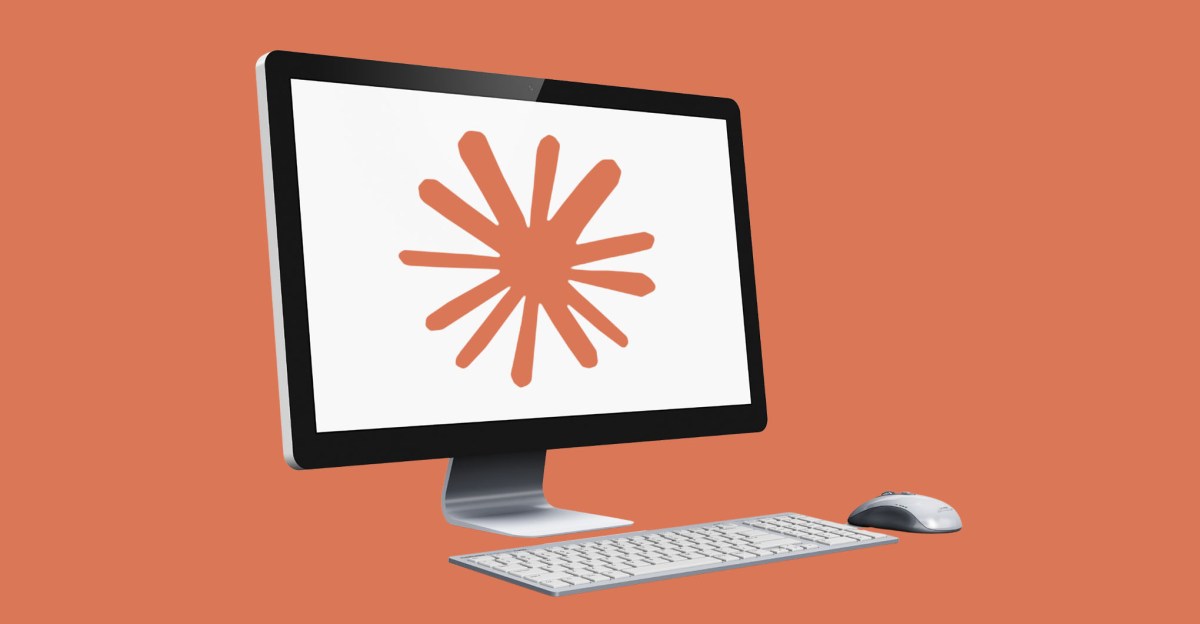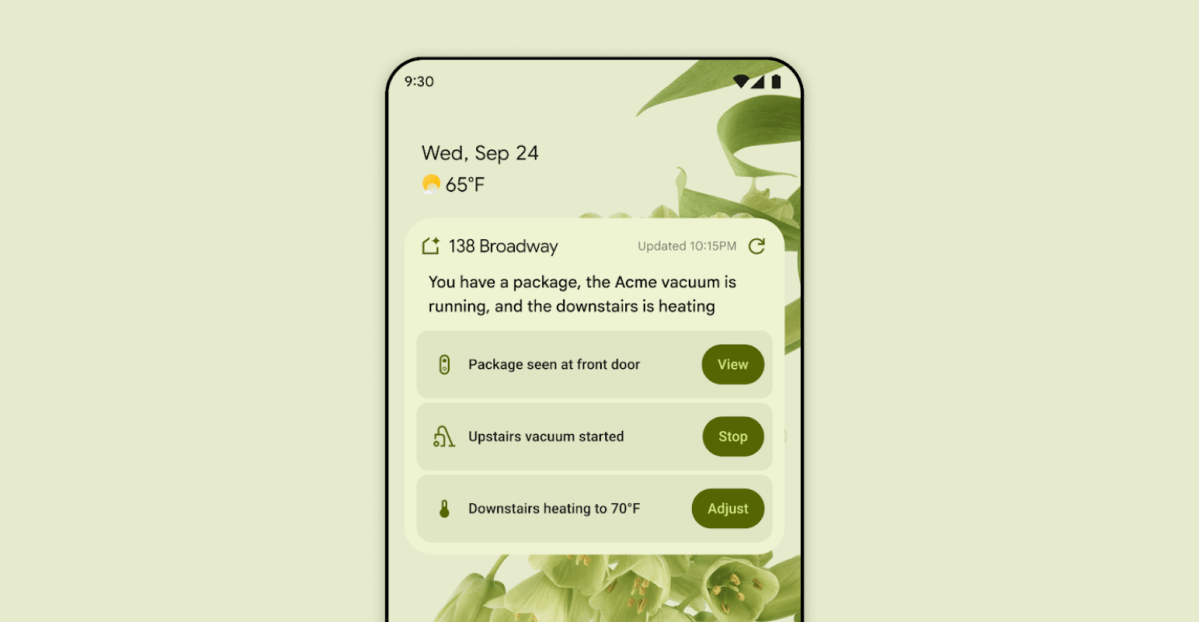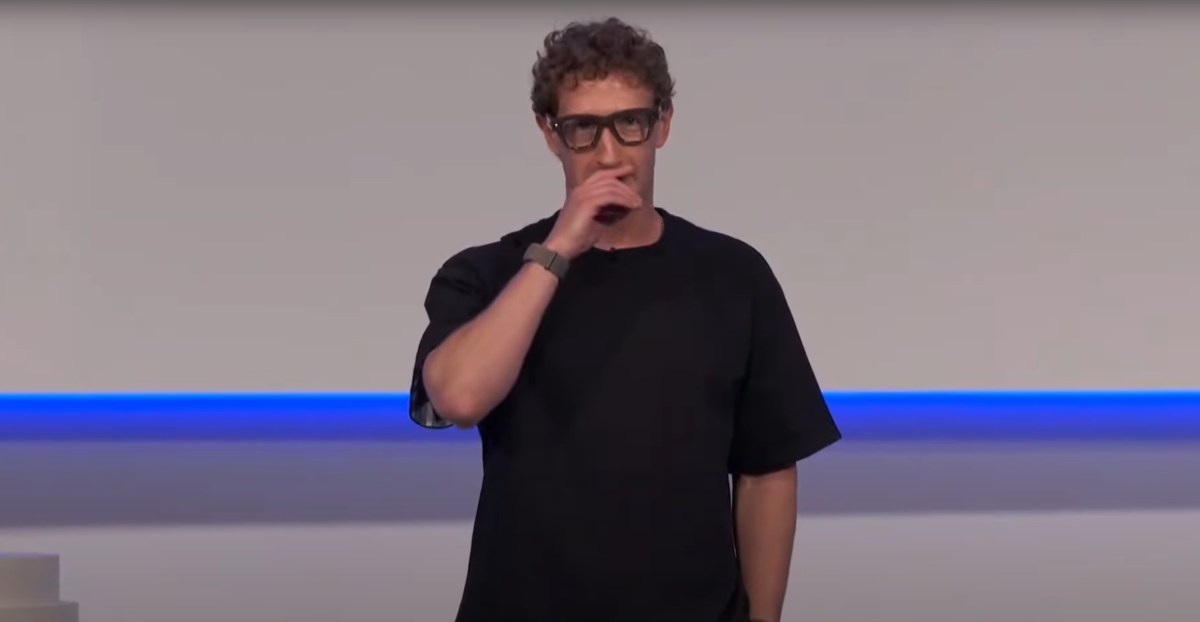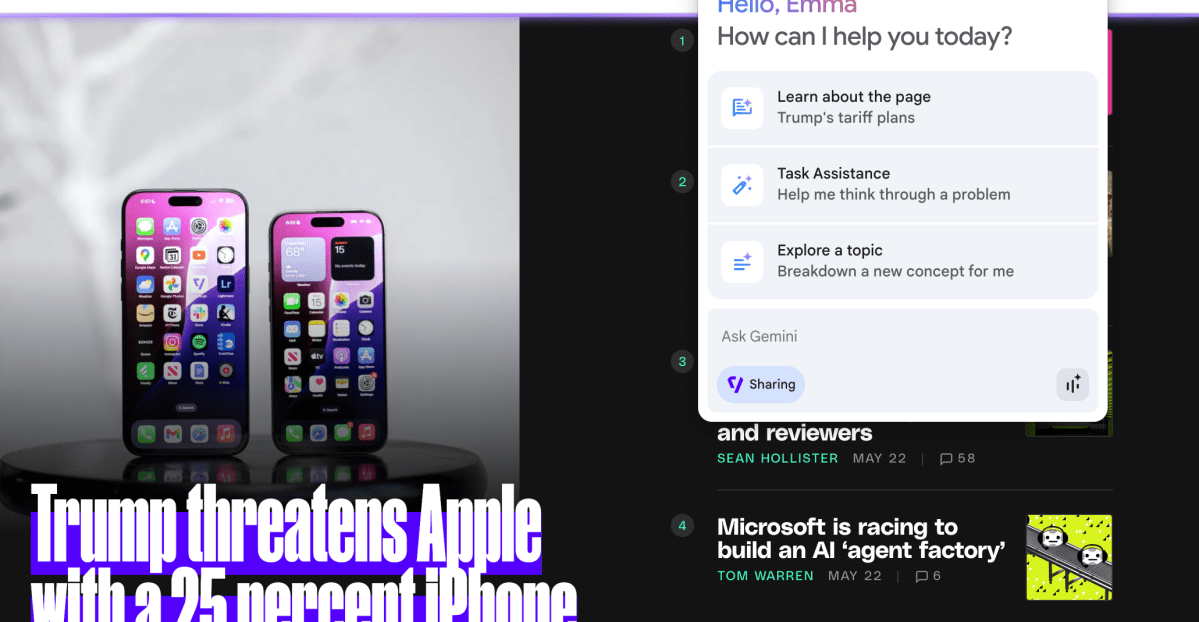
Anthropic to train AI models on user chat transcripts unless opt-out; five-year data retention and Sept. 28 deadline
Sources: https://www.theverge.com/anthropic/767507/anthropic-user-data-consumers-ai-models-training-privacy, The Verge AI
TL;DR
- Anthropic will train its AI models on user data, including new chat transcripts and coding sessions, unless users opt out.
- Data retention is extended to five years for users who do not opt out.
- All users must decide by September 28, 2025; new users choose during signup, existing users via a pop-up that can be deferred.
- The updates apply to Claude’s consumer tiers (Free, Pro, Max) but do not affect commercial usage tiers or API use.
- Anthropic asserts it uses filtering/obfuscation to protect privacy and does not sell user data to third parties.
Context and background
Anthropic announced updates to its consumer terms and privacy policy, detailing a change in how user data will be used to train its AI models. The company states that training on user data will occur for new and resumed chats and coding sessions unless the user opts out. The policy change is coupled with a five-year data retention window for accounts that do not opt out. The company notes that the decision deadline for users is September 28, 2025. The information was disclosed in a blog post from Anthropic and has been described as applying to Claude’s consumer subscription tiers. For context, the updates do not apply to Anthropic’s commercial usage tiers, such as Claude Gov, Claude for Work, Claude for Education, or API usage (including via third parties like Amazon Bedrock and Google Cloud’s Vertex AI). For users who are already enrolled in Claude, the opt-out decision will come via a pop-up in the Claude experience; new users will encounter the option during signup. A subsequent note clarifies that existing chats or coding sessions that are not resumed will not be used for training, but resuming a previous session could lead to training on that data. The blog also emphasizes privacy protections, stating that Anthropic uses filtering and obfuscation techniques to protect sensitive information and that user data is not sold to third parties. The Verge covered these changes in detail, highlighting the opt-out mechanism and the potential impact on user privacy. See the original report for more context: https://www.theverge.com/anthropic/767507/anthropic-user-data-consumers-ai-models-training-privacy.
What’s new
- Training on user-generated content: The company will begin training its AI models on user data, including new chat transcripts and coding sessions, unless the user actively opts out.
- Five-year retention: Data collected from users who do not opt out can be retained for up to five years.
- Opt-out workflow: New users must choose their preference during signup, while existing users will encounter a privacy pop-up. If users click Accept, training can begin immediately; if not, users can switch to Off at any time via settings. A deadline of September 28, 2025, is set to finalize decisions.
- Scope of applicability: The updates apply to Claude’s consumer tiers (Claude Free, Pro, and Max) and even cover behavior when using Claude Code from those accounts. The changes do not extend to commercial tiers or API usage, including third-party integration.
- Data handling and privacy promises: Anthropic states that it uses tools and automated processes to filter or obfuscate sensitive data and reiterates that it does not sell user data to third parties.
Table: Scope of the updates
| Scope | Details |
|---|---|
| Affected services | Claude consumer tiers: Free, Pro, Max |
| Included data types | New chats and coding sessions (including resumed chats) |
| Excluded services | Claude Gov, Claude for Work, Claude for Education, API usage (including via Amazon Bedrock and Google Cloud’s Vertex AI) |
Why it matters (impact for developers/enterprises)
For developers and enterprises relying on Claude for customer support, coding assistance, or internal workflows, the policy change clarifies what data may be used to train models that power these tools. By separating consumer usage from business-oriented tiers, Anthropic aims to limit training on enterprise workloads and API-based integrations, potentially reducing exposure of business data to model training. However, the five-year retention policy on non-opt-out accounts raises concerns about long-term data storage and potential re-use in model updates, even as data is reportedly filtered or obfuscated to protect sensitive information. From an implementation standpoint, organizations should review how their teams interact with Claude in consumer accounts, especially if employees use these tools for non-confidential or personal projects. Enterprises using Claude via API or Gov/Work/Education offerings may be unaffected by these changes, but cross-platform workflows should be assessed to avoid unintentional data leakage from consumer accounts.
Technical details or Implementation
- User decision flow: New users encounter a signup-based preference for data use in training. Existing users are prompted with a privacy pop-up that requires a decision, with an option to defer by selecting Not now. The decision in settings will apply to future data; past data used to train models remains covered by prior states.
- Default settings and disclosure: The pop-up presents a default On setting for allowing use of chats and coding sessions to train and improve Claude. Users can turn this Off in Privacy Settings under the Help improve Claude option. The exact phrasing in the UI emphasizes updating consumer terms and policy with an effective date of September 28, 2025.
- Data protection measures: Anthropic states it employs a combination of tools and automated processes to filter or obfuscate sensitive data. The company also states that it does not sell user data to third parties. These measures are described as efforts to protect user privacy during data processing for model training.
- Data scope and exclusions: The updates explicitly exclude commercial usage tiers and API usage, including scenarios where Claude is accessed through third-party platforms such as Amazon Bedrock and Google Cloud’s Vertex AI. This delineation is intended to separate consumer data practices from enterprise and API business lines.
Key takeaways
- Training will include new chats and coding sessions unless opted out.
- Data retention can extend to five years for non-opt-out users.
- Decisions are due by September 28, 2025; new users decide on signup, existing users via a pop-up.
- The updates apply to Claude consumer tiers and exclude commercial and API usage.
- Anthropic promises privacy protections and no data selling to third parties.
FAQ
-
What data will be used to train Anthropic’s models?
Training will use user data from new chats and coding sessions for users who do not opt out, including resumed chats and sessions. Historical chats that were not resumed are not included unless resumed.
-
How long will data be retained?
Data retention can last up to five years for users who do not opt out.
-
Can I change my decision later?
Yes. You can change your decision anytime via Privacy Settings, but the new choice will apply to future data only.
-
Do these changes affect the API or enterprise products?
No. The updates do not apply to commercial usage tiers or API usage, including third-party integrations like Amazon Bedrock or Google Cloud Vertex AI.
-
What protections are in place for sensitive data?
nthropic states it uses filters and automated processes to obfuscate sensitive data and emphasizes that it does not sell user data to third parties.
References
- https://www.theverge.com/anthropic/767507/anthropic-user-data-consumers-ai-models-training-privacy
- The Verge AI coverage of Anthropic data training and opt-out mechanisms for consumer Claude accounts
More news
First look at the Google Home app powered by Gemini
The Verge reports Google is updating the Google Home app to bring Gemini features, including an Ask Home search bar, a redesigned UI, and Gemini-driven controls for the home.
Meta’s failed Live AI smart glasses demos had nothing to do with Wi‑Fi, CTO explains
Meta’s live demos of Ray-Ban smart glasses with Live AI faced embarrassing failures. CTO Andrew Bosworth explains the causes, including self-inflicted traffic and a rare video-call bug, and notes the bug is fixed.
OpenAI reportedly developing smart speaker, glasses, voice recorder, and pin with Jony Ive
OpenAI is reportedly exploring a family of AI devices with Apple's former design chief Jony Ive, including a screen-free smart speaker, smart glasses, a voice recorder, and a wearable pin, with release targeted for late 2026 or early 2027. The Information cites sources with direct knowledge.
Shadow Leak shows how ChatGPT agents can exfiltrate Gmail data via prompt injection
Security researchers demonstrated a prompt-injection attack called Shadow Leak that leveraged ChatGPT’s Deep Research to covertly extract data from a Gmail inbox. OpenAI patched the flaw; the case highlights risks of agentic AI.
How chatbots and their makers are enabling AI psychosis
Explores AI psychosis, teen safety, and legal concerns as chatbots proliferate, based on Kashmir Hill's reporting for The Verge.
Google expands Gemini in Chrome with cross-platform rollout and no membership fee
Gemini AI in Chrome gains access to tabs, history, and Google properties, rolling out to Mac and Windows in the US without a fee, and enabling task automation and Workspace integrations.





